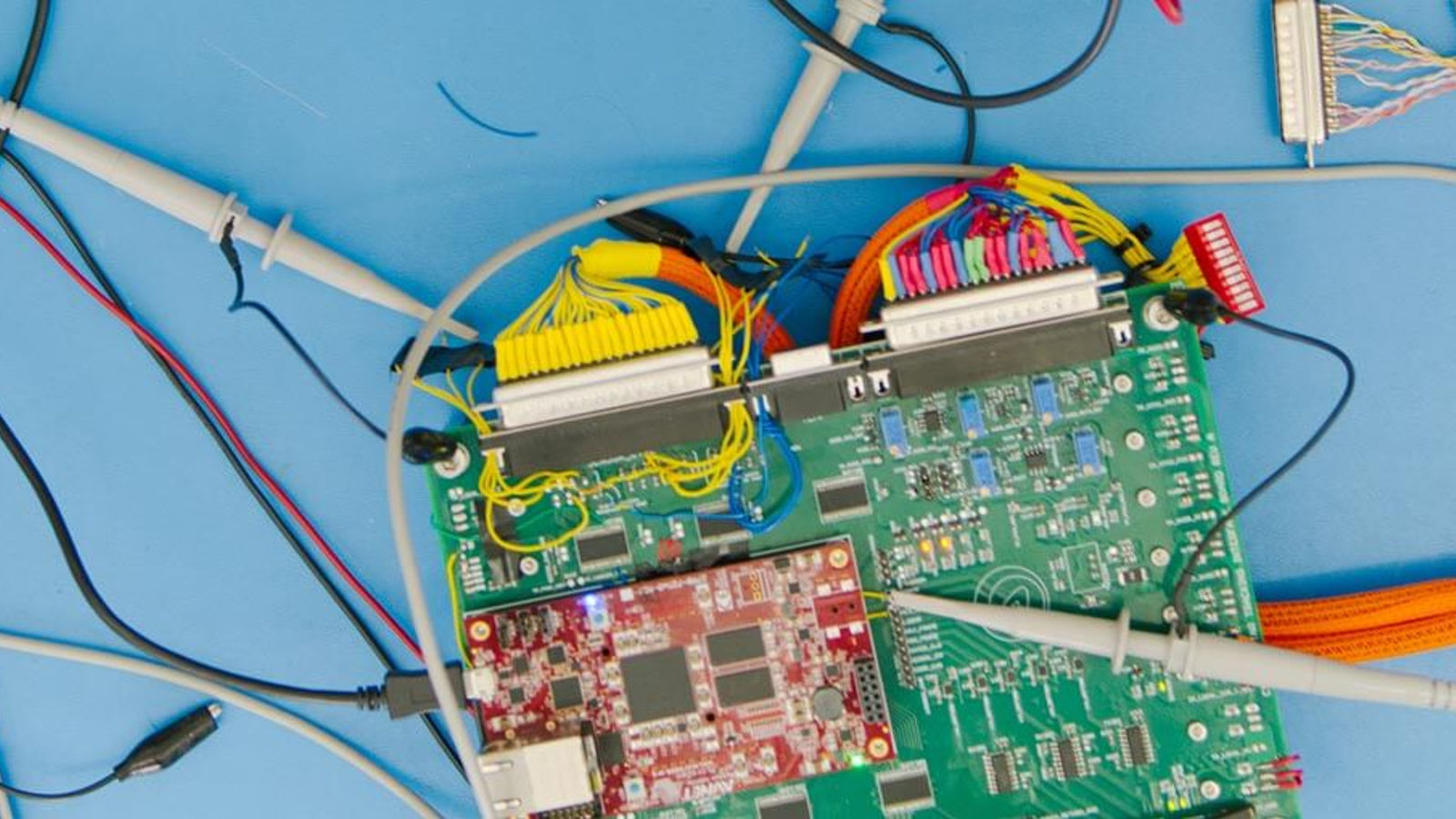Services

Services
- RIT/
- Research Computing/
- Services
Research Computing Facilitation
Our primary goal is to make accessing and using research computing resources easier for the community. We have two research computing facilitators available to help students and faculty access resources at RIT and national resources.
Our facilitators are available to onboard researchers and help them get their code to run on our cluster. They are also available for troubleshooting and looking for ways to improve researchers’ workflows. You can complete a Research Computing Project Request to start working with our facilitators and use the cluster.
High-Performance Computing (HPC) access
The Research Computing team manages the SPORC (Scheduled Processing on Research Computing) cluster, the main computing cluster. The cluster has 64 nodes with two 2.7 GHz Intel Xeon Gold 6150 processors (36 cores), 384 GB of RAM, and two 100 Gb/s Ethernet network connections each, for a total of 2,304 CPU cores and 24 TB of RAM. In addition to the 64 nodes, we have a single system with 144 cores and 2.24 TB of RAM and two interactive nodes with two 2.2 GHz Intel Xeon Gold 6238R processors (56 cores) with 384 GB of RAM each. The SPORC cluster also houses 100+ NVidia GPU cards (100 A100, 4 H100, 2 GH200 cards).
The available configurations of GPUs are:
- 15 nodes with four A100s
- 20 nodes with two A100s
- 1 node with four H100s
- 2 nodes with one GH200 each
- 2 debug nodes (1 with two A100s)
- 2 interactive nodes with one A100 each
To use the cluster, you can fill out a project request form (Research Computing Project Request).
OnDemand
We provide an OnDemand instance for accessing the cluster from a web browser.
External Resources
We also have access to the high-performance resources the National Science Foundation provides. The ACCESS program provides an innovative cyber infrastructure with many advanced computational resources. The research computing facilitators can assist you with gaining access to these resources by filling out a Consultation Request.
High-Speed Data Connectivity/Transfer
RIT has a robust fiber optic network that spans the campus with speeds up to 100 Gb/s to some buildings. RIT is a member of Internet2 and has redundant 40 Gb/s links to the Internet2 R&E (Research & Engineering) network. We are also a member of NYSERNet, New York’s Internet2 regional network provider. Research Computing subscribes to Globus, a premier data management and transfer services provider. Globus enables the ability to transfer massive amounts of data to sites worldwide. Research Computing manages several Globus endpoints for high-speed data exchange.
Research Data Storage
On each of the SPORC cluster nodes, there is a 1.5 TB NVMe drive (/scratch.local) for extremely high speed storage for cluster jobs. Research Computing maintains a Ceph storage cluster that provides network storage for the SPORC cluster. The /scratch directory is network storage composed of 175 TB of NVMe storage that is available across all of the SPORC cluster. In addition to the NVMe storage, the Ceph cluster provides 7.6 petabytes (PB) of hard drive storage spread over 600 disks.
Research Computing also has two LTO-9 tape drives for researchers to extract data from the Ceph cluster for backing up their data. Due to the massive amount of data in the Ceph storage cluster, we do not have the ability to back up home directories and research spaces. The Ceph system provides resiliency that allows for disk or host failures, but we cannot provide restoration of deleted files. It is the responsibility of researchers to manage their data according to their needs and data management plans. Research Computing can help you with developing data management plans to safely preserve your data.
Shared project space for research data can be provided by filling out the Request shared file space/export form.
Education & Outreach
Grant Proposal Assistance
The Research Computing team can assist with the development of grant proposals. We can provide consultation on what IT resources are available and what to include in proposals. In collaboration with RIT library staff, we can assist with data management plans (DMP) and data sharing plans (DSP). In collaboration with RIT’s Information Security Office and Sponsored Research Services, we can assist with system security plans (SSP) and plans of action and milestones (POAM) for information security compliance requirements.
You can submit a request with the Proposal Consultation Request form.
REDCap
REDCap is a secure web application for building and managing online surveys and databases for the online and offline capture of data used in research studies and operations. RIT is a member of the REDCap Consortium, with over 6,000 active partners in over 150 countries.